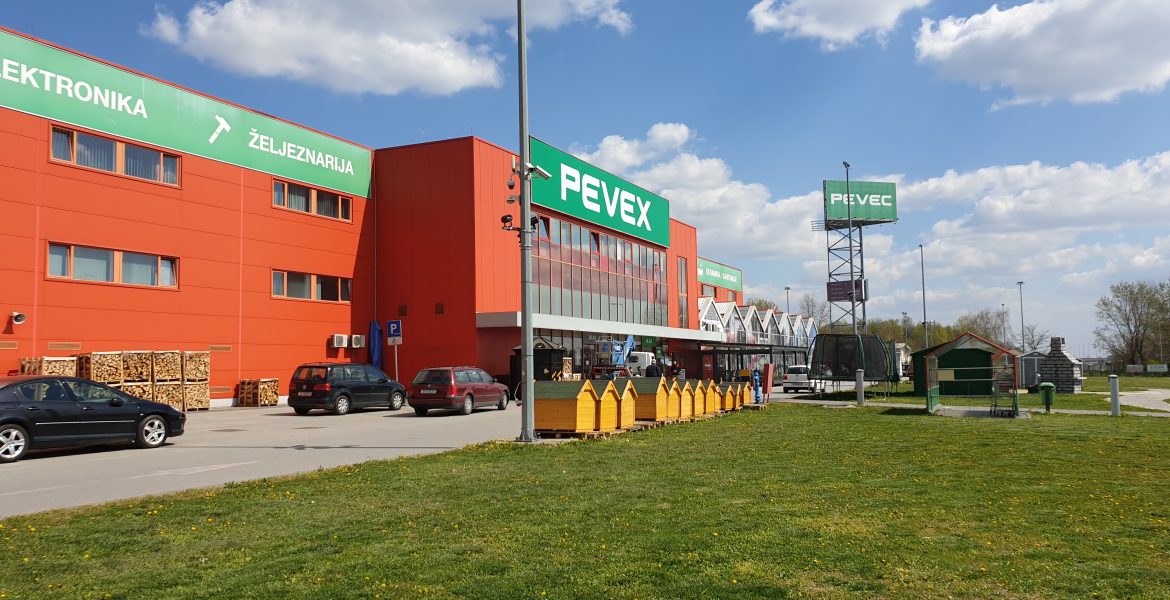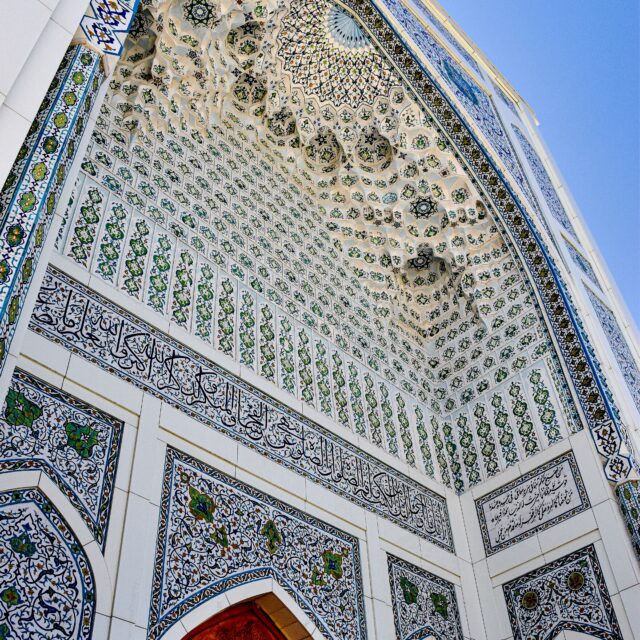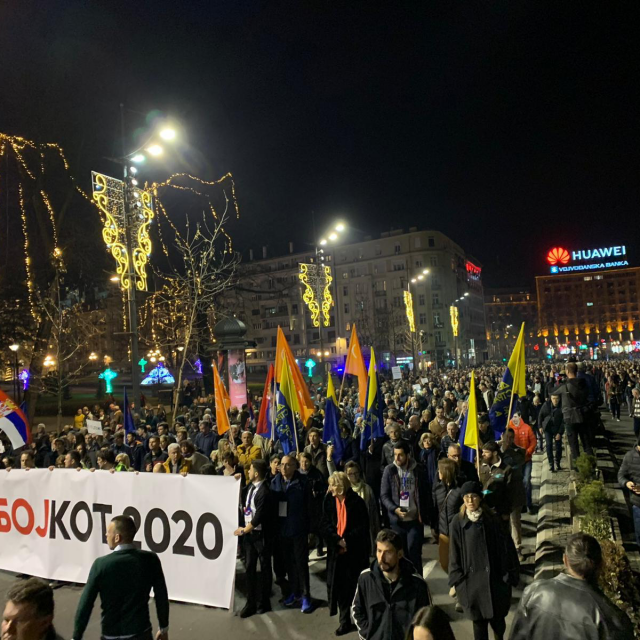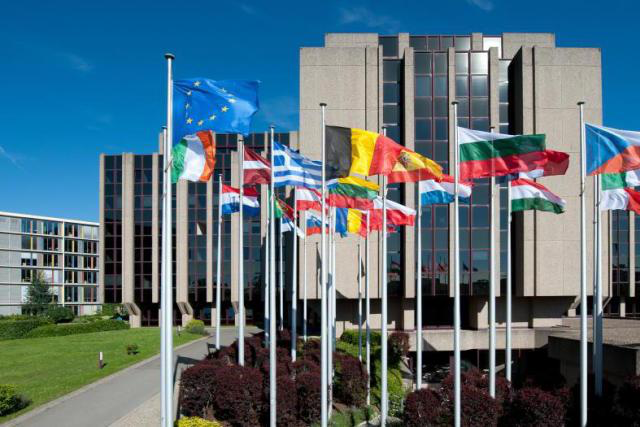I met with Philippe Bresson to explore his experience of investing in Eastern Europe. Philippe manages the BEE Family Office, formerly BRICOSTORE Holding, a 160-year-old family-owned holding company that manages a variety of assets and holdings in various business sectors. It was originally focused on the retail sector in France and internationally. In the late 90s, the company started to expand its activities into Central European markets, opening DIY retail stores under the brand BRICOSTORE first in Budapest in 1998, then Bucharest in 2002.
The first Croatian store was opened in Split in 2004. By 2012, it had opened 27 stores in these 3 countries: 9 in Hungary, 15 in Romania and 3 in Croatia. Before the 2008 financial crisis it had fifteen stores each with sales areas between 8,000m² to 15,000m², and achieved a turnover of €400 million.
Q: When did you first invest in Croatia and what attracted your business to the country?
A: We decided to invest in Croatia in the 2000s, with our first opening in Split in 2004, followed by openings in Pula and later on, Zagreb. BRICOSTORE was aiming to establish its brand in the south eastern part of Central Europe. Croatia seemed to be a destination that would grow rapidly thanks to tourism.
Today, I can tell you that this post card destination on paper became a dark hole where the only rule seems to be that there are no rules, especially for the local “businessmen” with good connections.
Q: What has been your experience in Croatia? What do you think of the investment climate? Are foreign investors given enough support by the government?
A: In the early 2000s, our hope was to open a dozen stores rapidly.
However, we quickly realised that it was very complicated to acquire and secure land in Croatia (i.e. with clearly established property titles) and took even longer to obtain building permits. To compare, between 2002-2012, we built and opened 15 stores in Romania but only 3 in Croatia.
As for government support, no retail company, in Croatia or elsewhere in the region, ever receives state aid or support (same applies for France to be fair), probably because the retail industry has never been perceived as a significant job provider in comparison to industry.
Our experience in Croatia has been very diverse, but generally speaking, we often met the following obstacles: cadastral issues, local corruption and high taxation on construction.
Over the decade that we have been building and operating stores in Croatia, we have faced situations worthy of crime movies. One example, a team of Hungarians we hired to install a video surveillance system were kidnapped in Split, and confined for 24 hours before their release… Our “mistake” was using the Hungarian company for the installation of the video surveillance system after we rejected the offer from a very expensive Croatian competitor.
Another example in Pula. We needed a building permit to transform a factory that we acquired from Uljanik into a store. We had countless meetings with the chief architect and his “administration”. Day 1 it was OK, day 2 not anymore. This circus lasted for many months.
Then in Zagreb, another incredible story. We spotted a site made up of multiple plots east of Zagreb where the PEVEX store is now installed. We merged these plots to form one large unified site to develop our project. But, the summer after, a truck driver from Zadar allegedly bought the same land from someone using my ID (a Croatian citizen visiting a Notary with a forged Croatian ID in the name of BRESSON, very Croatian name, isn’t it?) who signed the deed of sale, outside my knowledge obviously. The scam was simple. The driver buys the land before selling it on to a third party straight after, the third party becoming the “Good Faith” owner, making it very difficult for us to recover our property rights. The Croatian police were informed and found the front man who was jailed. However, the original sponsors are still running free.
You see that, for us, developing business in Croatia has always been somehow complex, not to mention it never met our expectations in terms of ROI.
Q: Croatia is ranked 63 in Transparency International’s Corruption Perception Index. Has your business experienced any issues regarding corruption in the country?
A: Well, reading in between lines, the previous answer is quite illustrative.
But, for several years now, after experiencing situations where we definitely faced hidden corruption in the development of real estate, we are dealing with similar problems in the judicial system, without being able to uncover any concrete evidence for now. That is a major concern for us, and it should be for all investors.
We have an Arbitration case that has been running for over 36 months now, without any settlement. Our case was frozen by the Court for more than a year without our knowledge, before it was forwarded to us. The arbitration lasted for a year, and 10 months has passed between the end of the arbitration and today, without a ruling.
In mid-2019, a new arbitration was initiated for a basic issue related to a commercial lease. The judgment was expected in early December 2019, but our opponent, a well-connected Croatian, managed to apply pressure to the Arbitration Court, which then consequently suspended the arbitrators for very phony reasons. The arbitration went back to square one, our opponent’s manoeuvres were successful.
Q: Where there are issues, can foreign investors expect their cases to be dealt with fairly by Croatia’s Commercial Arbitration System, and by the courts throughout Croatia’s Judicial System?
A: After our experience, I would advise any foreign investor in Croatia to specify an International Arbitration Court in the dispute resolution clause, anywhere reasonable but never the Court of Zagreb. For me, Croatia must tackle the issue of independence and transparency related to its judiciary to restore trust for foreign investors. I must add that if companies do not go to arbitration, they have to rely on the various National Courts, where delays are a massive problem, and are very often abused by insiders to encourage the opponent to drop the case as it may seem hopeless or to avoid significant costs.
Q: Does the fact that Croatia holds the Presidency of the EU make the country more aware of its responsibilities to respect the core values and principles of the EU?
A: The COVID-19 crisis is taking place during that presidency. My fear is that this epidemic will only bury the essential question of an independent judiciary deeper, even though this is key for any democracy, moreover for a member state of the EU. For me, this independence is essential for all Croats. The country cannot put its judiciary only into the hands of the “powerful”, the manipulators, the professional bribers, effectively preventing any honest citizen to have justice done because they are lacking money or the right connections.
I am in the real estate business. And I know that nothing can be built on sand and sneaky dealings.
As we speak, we have a tenant illegally occupying one of our commercial buildings, refusing to execute court decisions, continuing to operate its business as usual and cynically using COVID-19 as an excuse to cut 90% of the rent he unilaterally set, which is far below the market price and even though there isn’t even a proper contract between us. Where are the core values, principles and the EU rule of law when investors have to bear this kind of situation?
Q: Does Croatia’s Presidency of the EU make other member states more mindful of the importance of Croatia setting the highest standards of governance, thereby bringing the state under greater scrutiny?
A: I am not really in a position to answer this question. What I can say after 23 years in the region is that European solidarity is essential, so that all these countries have to develop their own systems in order to reach the best standards.
However, knowing what happened to us since 2000 in Croatia, I would not advise any foreign investor to consider Croatia as a secure destination for their investments, because the conditions are still not in place to protect fair business against some local cronies. Return on investment apart, I can guarantee them many problems, obstacles, pressures which should have no place in business. Above all, there should be a free and independent judiciary to protect investors and enforce the rule of law. But in Croatia that does not exist yet.




